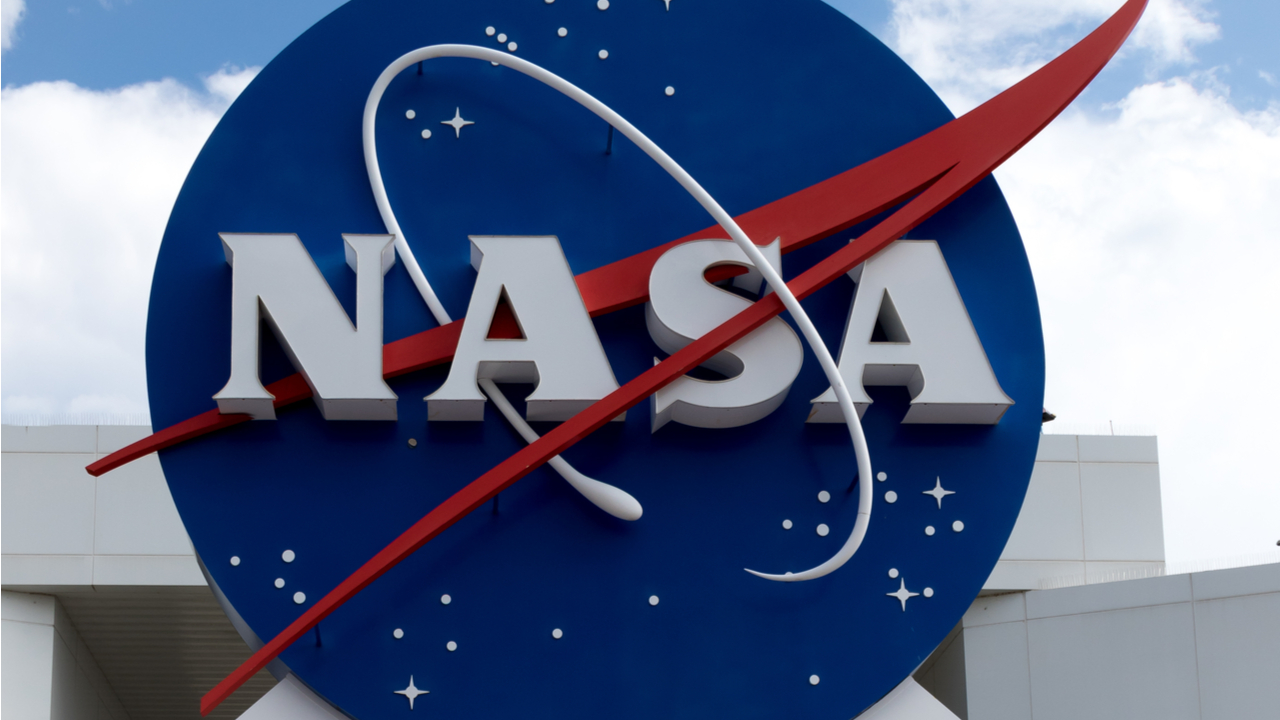NASA Partners With Epic Games to Create a Martian Metaverse Simulation
Publikováno: 10.5.2022
 NASA, the U.S. space agency, has partnered with Epic Games, the company behind Fortnite, to build a challenge for developers to help create a Martian metaverse experience. The challenge will include various tasks, including designing several key environments for Martian astronauts, which will be rendered using Epic Games’ Unreal Engine 5 to provide a realistic […]
NASA, the U.S. space agency, has partnered with Epic Games, the company behind Fortnite, to build a challenge for developers to help create a Martian metaverse experience. The challenge will include various tasks, including designing several key environments for Martian astronauts, which will be rendered using Epic Games’ Unreal Engine 5 to provide a realistic […]

NASA, the U.S. space agency, has partnered with Epic Games, the company behind Fortnite, to build a challenge for developers to help create a Martian metaverse experience. The challenge will include various tasks, including designing several key environments for Martian astronauts, which will be rendered using Epic Games’ Unreal Engine 5 to provide a realistic environment.
NASA to Develop Martian Metaverse to Help in Training Exercises
NASA, the U.S. space agency, has recently posted a challenge to attract developers to help build a Martian metaverse environment to aid in training purposes. The challenge, which was posted in Herox, a crowdsourcing problem-solving platform, calls for developers to aid the institution in building “Virtual Reality (XR) assets and scenarios for use by NASA in research focused on extravehicular activities on the surface of Mars.”
The challenge aims to populate an already-started metaverse world called MarsXR, which has now mapped 400 km2 of Mars terrain, with realistic day/night cycles, all modeled with Epic Games’ Unreal Engine 5, which will also be used by the developers to create the submissions in the challenge.
Virtual Experiences
The virtual experiences that NASA has defined as categories for this task include set up camp, scientific research, maintenance, exploration, and blow our minds, each one with a different purpose to fulfill. The challenge will reward the winners with a total prize purse of $70,000, shared across twenty individual prizes. This means that each prize for every category will be an average of $6K.
This activity has already gathered a lot of attention from several groups that want to contribute to grow NASA’s Martian metaverse, according to the Herox page. More than 24 teams and 237 innovators are contributing to the construction of the Martian simulation, which will help the agency to cut costs by using a virtual reality module known as Apache to train upcoming astronauts in various experiences.
While institutions have been slow to adopt virtual reality and metaverse-based apps, this seems to be changing, as both Microsoft and Meta are introducing virtual reality suites in the field. Microsoft announced last year it would integrate Mesh, an app that will replace video with digital avatars for meetings and presentations, directly into the popular Microsoft Teams app. For its part, Meta just announced the launch of Venues in its flagship metaverse app, Horizon Worlds.
What do you think about NASA’s Martian metaverse approach? Tell us in the comments section below.